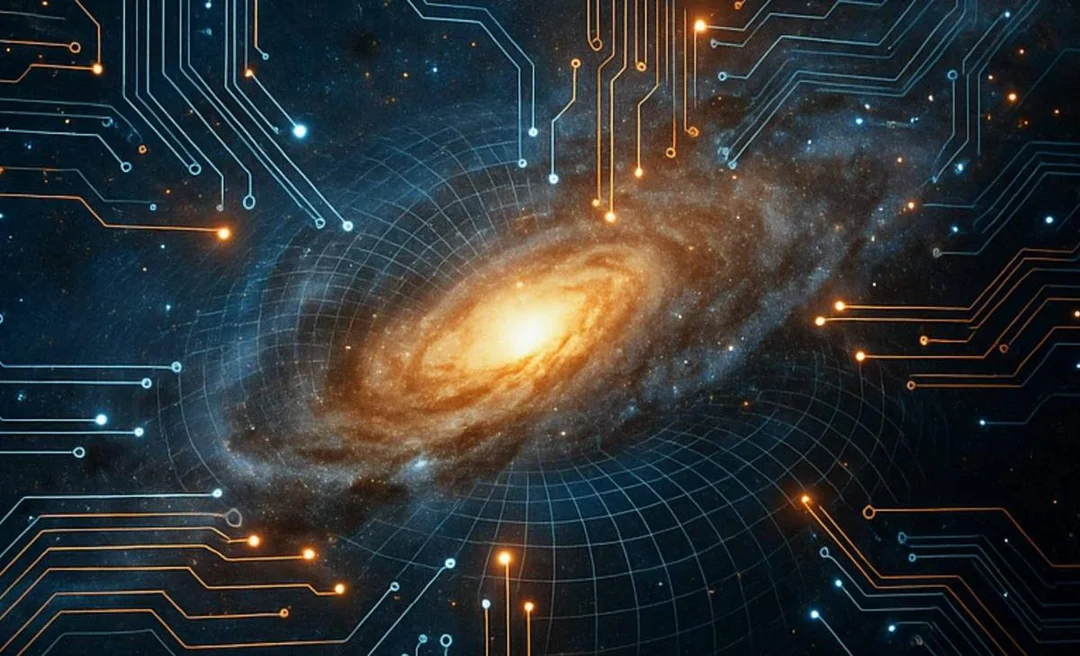
Is Gravity a Glitch in the Matrix? New Study Suggests Our Universe Might Be a Simulation
Could the force that keeps our feet on the ground be a sign that we're living in a computer simulation? A new study published in AIP Advances suggests this isn't just science fiction, but a possibility rooted in physics. The research proposes that gravity, often considered a fundamental force, may be an emergent property of the universe operating like a vast computational system.
The core idea revolves around information theory and a concept called the "second law of infodynamics." This law, proposed by physicist Melvin M. Vopson of the University of Portsmouth, suggests that information entropy (disorganization) tends to reduce or remain static within a closed system. This is in direct contrast to the second law of thermodynamics, which states that physical entropy (disorder) always increases.
Imagine a cooling cup of coffee. Energy dissipates from hot to cold until equilibrium is reached. At that point, information entropy is minimized because the energy levels of the molecules are more uniform. Similarly, when matter clumps together under gravity to form planets, stars, and galaxies, the information required to describe their individual positions is compacted.
“My findings in this study fit with the thought that the Universe might work like a giant computer,” said Vopson. He describes this phenomenon as a computational shortcut. Gravity, in this context, isn't necessarily a force pulling objects together, but a manifestation of the universe's tendency to optimize how it stores information.
The Universe as a Computer? If space is composed of discrete units, like pixels on a screen, then every object could be built from a finite set of positions and states. This challenges the traditional view of space as continuous and smooth. Under this viewpoint, the behavior of everything from stars to atoms could be due to following coded commands.
If this sounds like something straight out of The Matrix, you're not alone. The implications are profound. If gravity emerges from computational rules, then the symmetries and compression we observe in the universe might indeed be expected in an artificial one.
Testing the Simulation Hypothesis: While Vopson's theory doesn’t replace general relativity or quantum mechanics, it provides a new conceptual framework. Can gravity, traditionally seen as the curvature of space-time, be reinterpreted as a byproduct of data compression? Testing this hypothesis is a major challenge. What tools could reveal the 'source code' of the universe?
Why This Matters: If gravity truly points to a computerized universe, it could offer fresh explanations for cosmic puzzles like dark matter and dark energy. Even if the simulation idea isn't definitively proven, exploring these concepts pushes the boundaries of science and could lead to new technologies and problem-solving approaches.
This new research doesn't offer definitive proof, but it adds a compelling layer to the ongoing debate about the nature of reality. Is gravity a fundamental force, or a sign that our universe is running on some kind of cosmic software? The answer may reshape our understanding of everything.
What do you think? Could gravity be a hint that we're living in a simulation? Share your thoughts in the comments below!